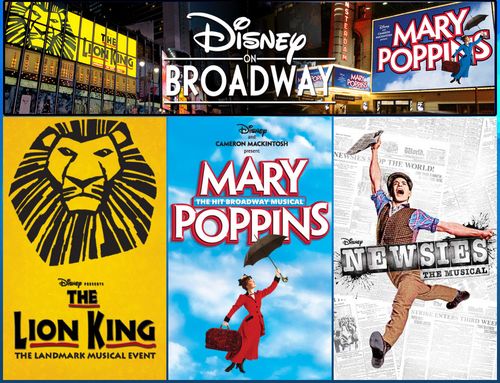The NCAA is a “nonprofit organization” that rakes in billions of dollars every year. This organization is cruel and mistreating their employees to an extreme extent. A video titled The NCAA by John Oliver of the talk show last week tonight, which gives credible evidence on all 100s of political and economic issues explains this topic well.
John Olivers video clearly explains that NCAA athletes should be paid because the NCAA can more than easily afford to pay them and has extremely strict regulations to prevent this, and these athletes live a harsh and cruel life.
John Olivers video clearly explains that NCAA athletes should be paid because the NCAA can more than easily afford to pay them and has extremely strict regulations to prevent this, and these athletes live a harsh and cruel life.
When you officially choose to become a college athlete the NCAA makes sure they own you from the start. The first thing these athletes have to do is sign a 440 page manual of rules. And if you chose not to sign it then you don’t get to play. Once you are forced to sign this handbook you are officially owned by the NCAA, If you break any of the thousands of rules in this handbook you could risk losing your scholarship. One of the reasons they do this is to make sure athletes have no say in anything that they do, especially when it comes to money. The NCAA is one of the richest organizations in America. “ On average March Madness brings in over a billion dollars in revenue every year.” This is simply one month's worth of profit, not to mention the other 11 months of football, basketball and other sports. You might say well if this is true where does all the money go? The fact is many colleges intentionally spend there money wastefully to make it look like they aren’t wealthy. Have you ever wondered why college stadiums are often bigger than NFL stadiums? Because they can afford it due to not having to pay their players. Also many college coaches are paid more than NFL coaches. “The average NFL coach makes $4.9 million while Alabama's Nick Saban makes $7 million.”Clearly the NCAA can afford to pay these players but chooses not to.
It is not only that the NCAA can play there players, it is also that there are serious reasons to why they should pay their athletes. When you are a college athlete many times it is because you cannot afford your own college, so when you become an athlete your sport is your job that is paying for your education. This means that these athletes cannot have a job that pays them money, there job pays them an education. These athletes are broke, “Sometimes there are hungry nights where i'm not able to eat, where i go to bed and i'm starving” -Shabazz Napier. This is absolutely unacceptable for a player for a player that is working harder than anybody to have to suffer from hunger. Many may argue that it will all be worth it once they go pro and make millions all there hard work will pay off. Well according to Ncaa statistics,“1.6% of NCAA football players go pro, and 1.2% of NCAA basketball players go pro.” So for the remaining 99% of college athletes their career stops after college. In the end these college athletes work harder than anyone else only to get completely ripped off by the NCAA and suffer all for an education that is often very bad.
Future Question: Should athletes of more and less popular college sports be compensated differently?
Future Question: Should athletes of more and less popular college sports be compensated differently?

























